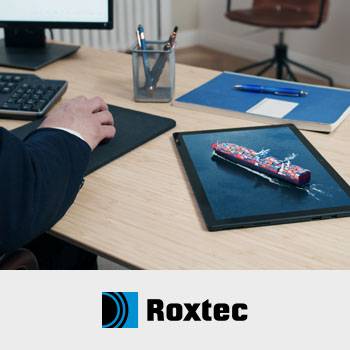A decade after the Exxon Valdez disaster, Alyeska Pipeline Service Co., the operator of the trans-Alaska pipeline, has made dramatic reforms in its oil-spill prevention and response programs, according to the head of the company. "We're not the company that we were 10 years ago," Bob Malone, president of Alyeska Pipeline Service Co., told the Anchorage Chamber of Commerce.
Alyeska, the operator of the 795 mile pipeline and the Valdez marine terminal where tankers are loaded with crude oil, was criticized for an inadequate and disorganized response to the March 24, 1989 grounding that caused the nation's worst oil spill.
But Alyeska has since installed extensive programs to respond to tanker emergencies.
In 1989, the company's cleanup standard mandated a response to only a 4,000-barrel spill. Now Alyeska has the cleanup equipment, personnel and expertise to respond to a 300,000-barrel spill - larger than the 11 million-gallon Exxon Valdez spill - in 72 hours.
"If a major oil spill were to occur, we're probably the best prepared in the world to be the one to respond," he said. More importantly, the company has set up probably the world's most extensive program to prevent oil-tanker spills.
"What we've learned is prevention is absolutely the key, because the easiest oil spill to clean up is the one that never happens," he said.
The Alyeska spill prevention program includes a system of escort tugs and rescue vessels that accompany tankers all the way to the end of Prince William Sound, 70 miles from the Valdez port.
Alyeska also recently placed a state-of-the-art tractor tug into service that can accelerate in all directions to rescue ailing tankers. Another tractor tug was scheduled to be put into service within a month.
"Specifically, we've changed our company. We've also changed our culture and, we believe, we've changed our future," he said.
The reforms came as oil flow from the North Slope declined and per-barrel transportation costs increased. Oil flow peaked in 1988 at 2.1 million bpd. It is slightly more than half that now. In 1988, Alyeska's per-barrel transportation cost was 48 cents. Today, the per-barrel transportation cost is $1.05.
Alyeska is owned by seven oil companies with interests on the North Slope. Major owners are BP Amoco, Atlantic Richfield and Exxon. Phillips Petroleum, Mobil, Unocal and Amerada Hess own minor shares.
Sponsored Content
LR - Fit for 55: Managing compliance and optimising operations

Use Roxtec seals, services and software

Subscribe for
Maritime Reporter E-News
Maritime Reporter E-News is the maritime industry's largest circulation and most authoritative ENews Service, delivered to your Email five times per week









